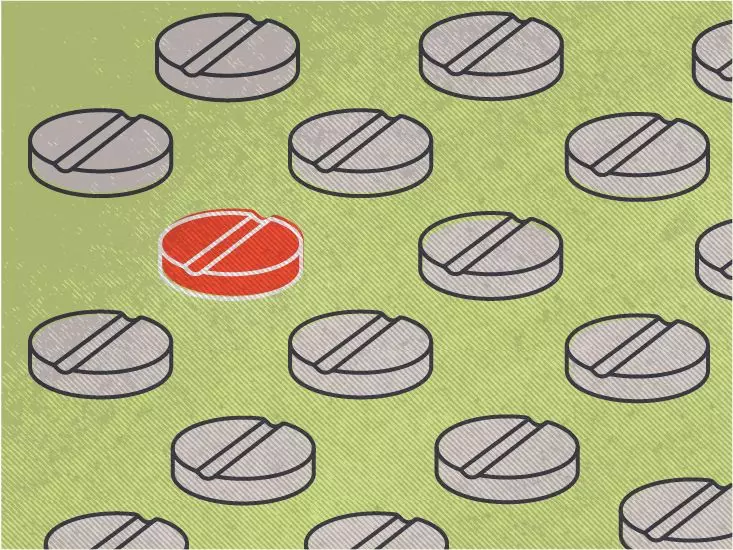When considering the implications of medication during pregnancy, it’s crucial to approach the subject with caution, especially with drugs like Ojjaara. While animal studies indicate potential harm to fetal development when the drug is administered to pregnant subjects, translating these findings to human experience is not straightforward. Discrepancies between findings in animal studies and human pregnancies necessitate thorough discussions with healthcare providers for anyone hoping to conceive or who might already be pregnant. A collaborative conversation with a doctor can provide clarity, ensuring that both maternal and fetal health considerations are at the forefront of any decision-making process.
Fertility Concerns Associated with Ojjaara
The implications of Ojjaara extend beyond pregnancy to fertility concerns as well. Research reveals that Ojjaara has reduced fertility in both males and females within animal testing scenarios. This raises significant questions for individuals planning a pregnancy or those who may struggle with fertility issues. Understanding how medication interferes with reproductive capabilities is essential, and patients should engage in open dialogues with healthcare professionals. This proactive engagement can shed light on potential side effects and guide reproductive health decisions surrounding the use of Ojjaara.
For those who are sexually active, especially individuals who may become pregnant, the topic of birth control becomes particularly relevant when considering the use of Ojjaara. Healthcare providers typically recommend birth control methods during the course of treatment and for at least one week following the final dose of the medication. The responsibility to communicate and coordinate effective birth control measures lies not only with the patient but also with their healthcare team. Insights into contraceptive options can empower individuals to navigate their reproductive health while minimizing the impact of medication.
In addition to pregnancy and fertility implications, the use of Ojjaara raises questions about breastfeeding. The recommendation is clear: individuals should refrain from breastfeeding while on Ojjaara and for at least one week post-treatment. This precaution stems from concerns about potential drug transfer to the infant through breast milk, underscoring the need for careful planning and consultation for nursing mothers. Parents and caregivers should work closely with their doctors to explore alternative feeding methods if necessary, ensuring that the health of both the mother and child remains a priority.
In navigating the complexities of using Ojjaara, it is essential to prioritize open communication with healthcare providers. Whether addressing concerns about pregnancy, understanding fertility impacts, or evaluating safe practices during breastfeeding, a collaborative approach ensures informed decision-making. The specific dynamics of each individual’s health status and reproductive goals must be considered, emphasizing that personalized medical advice is indispensable. Keeping informed and engaged in one’s health journey ultimately leads to better outcomes for prospective or current parents.

